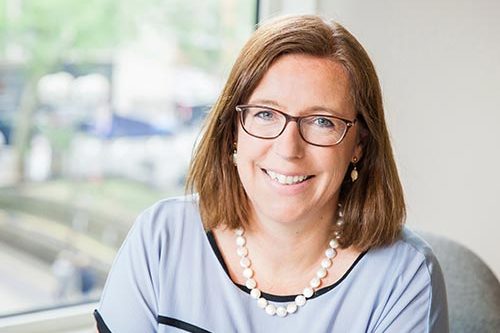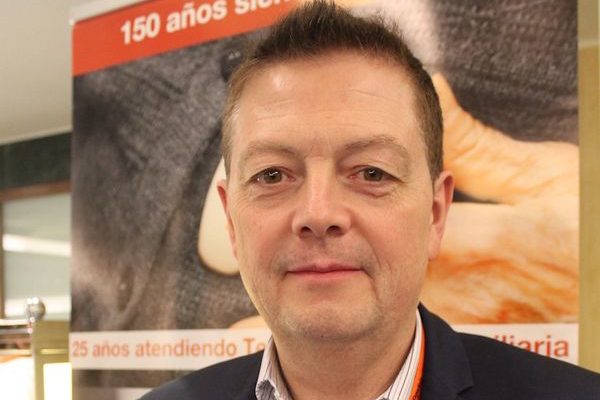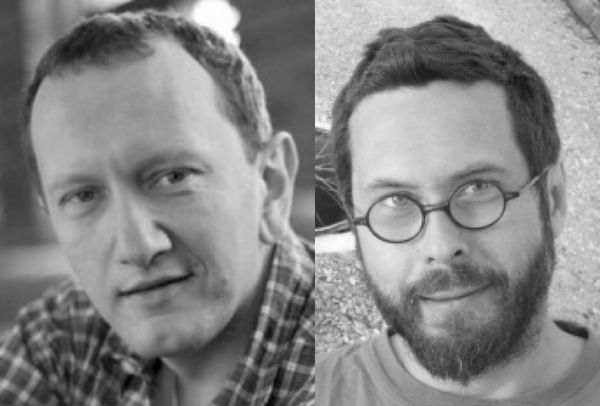
How to have a successful mentoring relationship
September 12, 2017
Your Voice: Meeting the changing needs of Spain’s fundraising community
September 20, 2017A clear set of values is what defines individuals and organisations, helping us to determine our behaviour and actions. As fundraising leaders, we must ensure our teams have a clear understanding of what those values are and how to apply them in a fundraising setting if we are to empower our teams and help them succeed, say speakers at this year’s IFC, Pavel Hrica (Pontis Foundation, Slovakia) and Jan Kroupa (Czech Fundraising Centre).
Bill Gates famously said: “As we look ahead into the next century, leaders will be those who empower others.”
But, how do you actually empower others? How do you achieve alignment and get better fundraising results?
We believe the answer lies in aligning core organisational values and fundraising teams, and turning them into specific action criteria to get better results and achieve greater impact.
There has been so much talking about values… Values here and values there, values this and values that… Why?
We live in fluid times. We experience the fluid nature of our time wherever we look. From social and institutional structures to technologies, from our work to our families and relationships. Yet values are a source of consistency and guidance that counterbalance the flood of fluidity.
Why are values so important for fundraising? If you take a values-led approach, you do what you say. This means that others know where they stand. They’ll see you being true to yourself and this makes you trustworthy and stronger.
And in a team setting, values empower each individual. They might have their own style, but values are their guiding principles. They define the framework for how people work and relate with others. Defined values help you to choose better people to your team: people with similar chemistry who fit in your team because you have something in common.
What’s more, your values will attract like-minded donors. Donors usually express themselves and their values through their gifts. If they feel that your values are similar to theirs, it increases their interest. Now think about it the other way: if you have clear values, they will help you to find the best donor match for your cause; donors who might give you more or stay with you longer.
Values lead to better decision-making. You have encounter many difficult situations including uncertainty among supporters or a conflict of priorities within the organisation. But when you live by your values it gives you a framework within which you can more effectively make decisions and prioritise the right way to go.
Yet, comparatively speaking, for much talking about values, there is relatively little practical application or tools that we´d come across over the past 20 years of our consulting practice. One would almost want to shout along with the Ancient Mariner: Values, values everywhere and not a drop to drink!
It is usually quite difficult for us to define what our values are, but we can do it, if we put our mind to it. And it is even far more difficult to search for values we share in our fundraising team and to agree what the core values that are most important to us are. But even that can be done.
What we see so little of, is translating these values into our everyday practical action when we fundraise. We don’t always succeed in linking our ideals (values) to our everyday work tasks. We call this missing link ‘Values Gap’.
So what is the clutch that brings together the engine of values with the transmission and the wheels of everyday fundraising? Values guide our decision-making, they can be viewed as very general criteria of a kind: they enable us to distinguish between poor, good and better, they provide the fundamental evaluation framework. Yet, as such, they are far too broad and impractical for everyday use.
They need to be made more specific and tangible, developed into value-based criteria for action. Value-based criteria is measurable and actionable criteria that link together the agreed shared values and results-driven everyday reality of our fundraising team.
To give an example, if – say – freedom is your team’s core value, what exactly should you do to have freedom present when meeting donors? The answer embodied in a specific criteria could be something like this: ‘every donor I work with always have the opportunity to say no’ or ‘every donor I work with always have the opportunity to say no and not feel bad about it’.
Similarly, how can freedom be embodied when keeping track of donor accounts and records? Your team could come up with something like this: ‘all donors are free to see all and any records and files we keep on them and they have all been informed about this and are aware of it.’
A set of measurable criteria may be the tool that could help you close the values gap and to build alignment in your fundraising team to bring better results. It offers a practical tool that enables you to allow values to lead your team to better results, rather than allowing results to drive your team.
Workable values enable teams to fundraise with more energy, passion and resilience, and because of that they are also more successful.
To find out more:
Pavel Hrica and Jan Kroupa are speaking at this year’s International Fundraising Congress (IFC) in the Netherlands, next month. Their leadership session looks at how to empower your team to deliver better performance.
About Pavel Hrica and Jan Kroupa
Pavel Krica – Programme Director of the Pontis Foundation, Pavel is a respected expert on corporate philanthropy and fundraising. He helped successfully advocate for a unique tax designation model in Slovakia and started the Our Town project, one of the biggest employee volunteering events in Europe; a giving portal, Great Country; and the Forum on Corporate Philanthropy.
Jan Kroupa – Jan has 20 years of experience as a consultant, coach, trainer and researcher in the field of philanthropy, resource mobilization, leadership and management of civil society organisations in more than a dozen countries around the world, primarily in Central and Eastern Europe. He is co-founder of the Czech Fundraising Centre and Chair of NETT – the Civil Society Think Tank.



